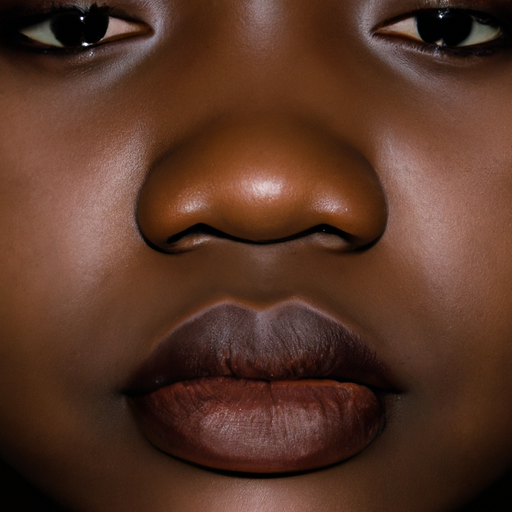Acne, a common skin condition that affects millions of people worldwide, can be a source of discomfort and embarrassment. It can affect anyone, regardless of age or gender, and can manifest in various forms, from mild breakouts to severe cystic acne. However, with the right knowledge and approach, it is possible to manage and even banish these blemishes. This article serves as your ultimate guide to acne solutions.
Understanding Acne
Acne occurs when the pores of your skin become clogged with oil and dead skin cells. This creates a suitable environment for bacteria to grow, leading to inflammation and the formation of pimples. Factors such as hormonal changes, stress, diet, and certain medications can trigger or worsen acne.
Over-the-Counter Treatments
Over-the-counter (OTC) treatments are often the first line of defense against acne. These products contain active ingredients like salicylic acid, benzoyl peroxide, and sulfur that help unclog pores and reduce inflammation. They come in various forms such as cleansers, creams, gels, and lotions.
Salicylic acid works by exfoliating the skin and removing dead skin cells that can clog pores. Benzoyl peroxide kills acne-causing bacteria and removes excess oil from the skin. Sulfur helps dry out the surface of your skin to help absorb excess oil that may contribute to acne breakouts.
Prescription Treatments
If OTC treatments are not effective, a dermatologist may prescribe stronger medications. These include topical retinoids, antibiotics, azelaic acid, dapsone, and in some cases, oral medications such as isotretinoin or hormonal treatments for women.
Topical retinoids are derived from vitamin A and work by promoting cell turnover and preventing the plugging of hair follicles. Antibiotics can be applied to the skin or taken orally to reduce inflammation and kill excess bacteria. Azelaic acid works by reducing inflammation and killing bacteria, while dapsone is used specifically for inflammatory acne.
Lifestyle Changes
In addition to treatments, certain lifestyle changes can also help manage acne. A balanced diet rich in fruits, vegetables, lean proteins, and whole grains can improve your skin’s health. Avoiding foods high in refined sugars and unhealthy fats can also help reduce breakouts.
Regular exercise can improve blood circulation, leading to nourished skin cells and the removal of cellular debris. However, it’s important to shower immediately after exercising to remove sweat that can clog pores.
Stress management techniques such as yoga, meditation, and deep breathing can also help as stress can trigger or worsen acne.
Skincare Routine
Maintaining a consistent skincare routine is crucial in managing acne. This includes cleansing your face twice a day with a gentle, non-comedogenic cleanser, using a moisturizer suitable for your skin type, and applying sunscreen daily.
Exfoliating once or twice a week can help remove dead skin cells that can clog pores. However, avoid harsh scrubs as they can irritate the skin and worsen acne.
Professional Treatments
For severe or persistent acne, professional treatments such as chemical peels, laser therapy, or light therapy may be recommended. These treatments work by reducing oil production, speeding up skin cell turnover, or killing acne-causing bacteria.
In conclusion, managing acne requires a combination of the right treatments, a consistent skincare routine, and healthy lifestyle habits. It’s important to remember that results may take time and what works for one person may not work for another. Therefore, it’s always best to consult with a dermatologist to create a personalized acne treatment plan. With patience and persistence, you can effectively banish blemishes and achieve clearer, healthier skin.



